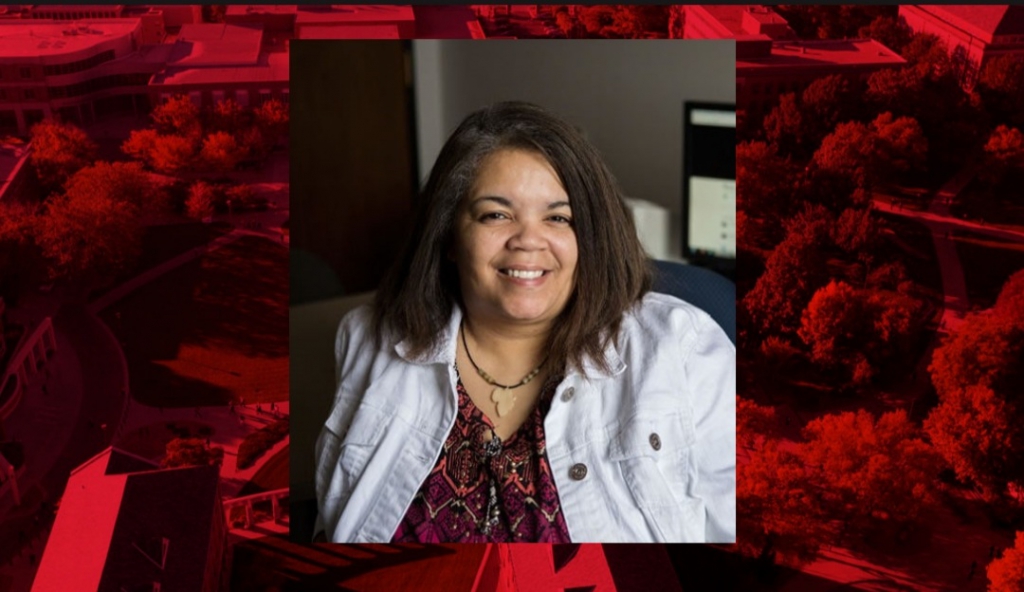Dan Moser, April 28, 2021
Nebraska researcher explores social justice in South Africa, notes parallels with U.S.
Black women have played a key role in social justice movements in South Africa, and their experience has parallels with the civil rights movement in the United States.
Nebraska’s Dawne Y. Curry has spent much of her academic career, beginning in graduate school, studying 20th and 21st century African history with an emphasis on resistance, and protest struggles in South Africa.
Curry’s first book, “Apartheid on a Black Isle: Removal, and Resistance in Alexandra, South Africa,” explores activism of this northeastern Johannesburg township during the apartheid era. During 2017-18, the associate professor of history and ethnic studies spent 11 months in South Africa as a Fulbright scholar. She researched her forthcoming book, “Social Justice at Apartheid’s Dawn: African Women Intellectuals and the Quest to Save the Nation,” to be published this year. This book unlike the first one goes back earlier in South Africa’s history, from 1910-48, a period of segregation that predated apartheid.
Curry said her research “seeks to examine the ways in which women not only pounded the pavement for racial and gender equality but also used their words as weapons to challenge the domination of men and the white minority which oppressed them.”
Charlotte Manye Maxeke, Lillian Tshabalala and other female activists left a blueprint to rebuild the African nation. Their editorials, presidential addresses, poetry, and other forms of intellectualism offer proscriptions for combating racial discrimination during the segregation era.
“By politicizing social service, these women became interpreters of the turbulent political climate in which they lived, and constructors of the society they hoped to build. By recognizing their common humanity, African women bequeathed a rich untapped legacy of political thought that will further our understanding of constructions of identity in segregated and apartheid South Africa,” Curry wrote.
They are remembered in South Africa today in the names of hospitals and schools and, in some cases, statues. Some are forgotten, though, a situation Curry hopes to rectify with her new book.
“I got interested because I saw parallels with the American civil rights movement,” Curry said. “I would say in both the post-civil rights era and post-apartheid era, there are some similarities in terms of how race relations are evolving and how they are also re-emerging in some ways.”
For example, in the United States the prevalence of police brutality permeates throughout our society and has gained increasing attention over the last 20 years, Curry said. The Black Lives Matter movement sparked protests all around the world including South Africa where the issue against injustice is not just between Black and white. It includes other racial groups due to the country’s history of apartheid.






